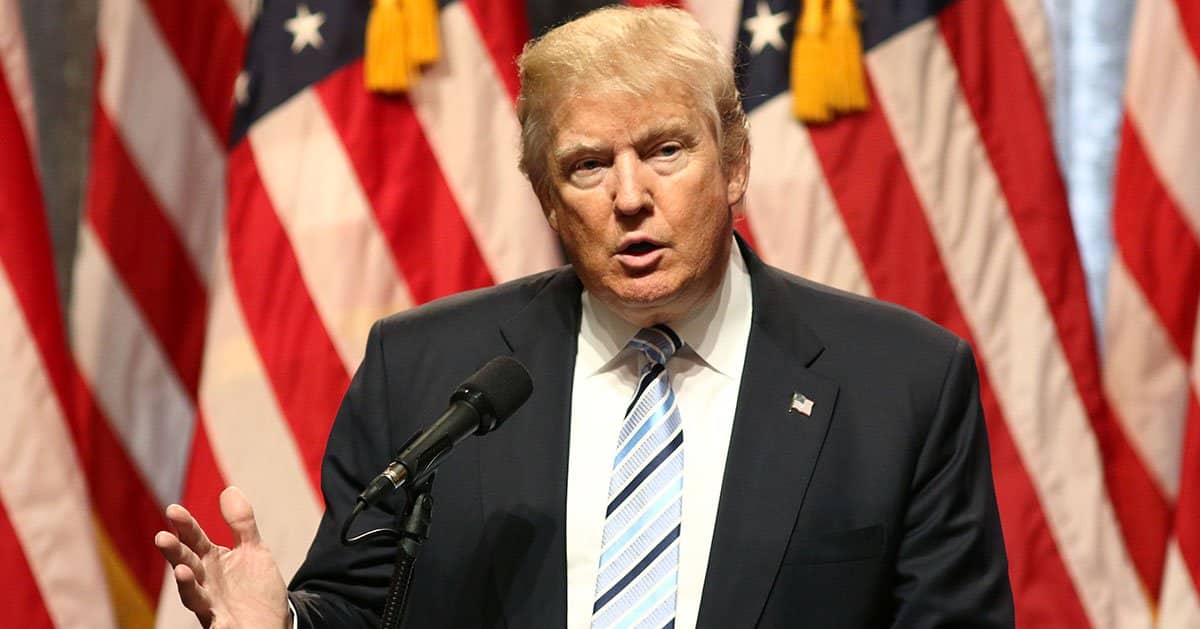



The Department of Health and Human Services slashed 62 agreements valued at $182 million, including a notable project at the NIH Museum celebrating Anthony Fauci.
OANN reported that this cutback is part of a broader financial efficiency drive led by Elon Musk and the Department of Government Efficiency, targeting the reduction of administrative costs and the closure of certain agencies.
The Department of Government Efficiency aims to streamline federal operations and reduce redundancy. The project for an Anthony Fauci exhibit at the National Institutes of Health Museum was among the cut contracts.
This $168,000 contract was expected to be completed by July 2025. The focus of the project was to highlight Fauci's contributions during his tenure, especially during the COVID-19 pandemic.
Elon Musk, known for his leadership in tech innovation, has been a key figure in efforts to trim government spending.
His collaboration with the Department of Government Efficiency, abbreviated as DOGE, has been focused on eliminating unnecessary expenditures. This move aligns with the broader initiative to reduce administrative costs across federal entities.
In a social media announcement last Friday, DOGE shared the news regarding these contract terminations. It was emphasized that all affected contracts related to administrative expenses, ensuring that healthcare programs were not impacted by these decisions. The efficient allocation of resources has been a priority for the department.
Beyond the cancellation of contracts, there are significant plans underway to eliminate the United States Agency for International Development, known as USAID.
This agency has long been involved in foreign aid and development programs across the globe. The decision aligns with the administration’s ongoing efforts to audit and reduce spending in various government sectors.
Other plans include changes proposed for the U.S. Treasury Department. These changes aim to cut over $100 billion annually by ceasing entitlement payments to individuals lacking a Social Security number. This initiative is part of ongoing efforts to tighten fiscal policies and ensure funds are distributed effectively.
Anthony Fauci has been a prominent figure, especially noted for his leadership during the global COVID-19 crisis.
His work has been both praised for guiding the national response to the pandemic and at times criticized in political circles. The exhibit at the NIH Museum was planned to showcase his achievements and impact.
During Donald Trump’s presidency, Fauci’s taxpayer-funded security detail was rescinded. This decision came during a time of heightened political tension surrounding pandemic handling and decision-making processes. Despite this action, Fauci continued to be a key figure in public health discourse.
On his last day in office, former President Joe Biden took a surprising step by pardoning Fauci. Notably, Fauci had not faced any legal charges at that time, making this pardon a curious move in the political arena. The gesture was seen by some as symbolic, while others questioned its necessity.
The decisions surrounding Fauci reflect a broader narrative of his divisive role in the public eye, even as he was recognized for his scientific contributions. While some lauded his efforts, others found contention in various health policies enacted during his tenure.
The ongoing adjustments spearheaded by Musk and the Department of Government Efficiency suggest a continued push for a leaner government structure. This movement reflects broader political themes of reducing redundancy and ensuring government efficiency.
These changes are set to impact not just administrative roles but also broader fiscal policies throughout the government. The implications of cancelling USAID and other entitlement restructuring are expected to reverberate throughout various aspects of government operations.
While some view these efficiency moves as necessary, they also spark controversy. Discussions around the essential nature of certain services, such as those provided by USAID, continue to be hotly debated in both political circles and public forums.
The controversy surrounding the removal of USAID and exhibit cancellations highlights a deeper discussion about the role of the government in public health, international development, and historical recognition. The balance between fiscal responsibility and adequate service provision remains a complex and nuanced debate.



